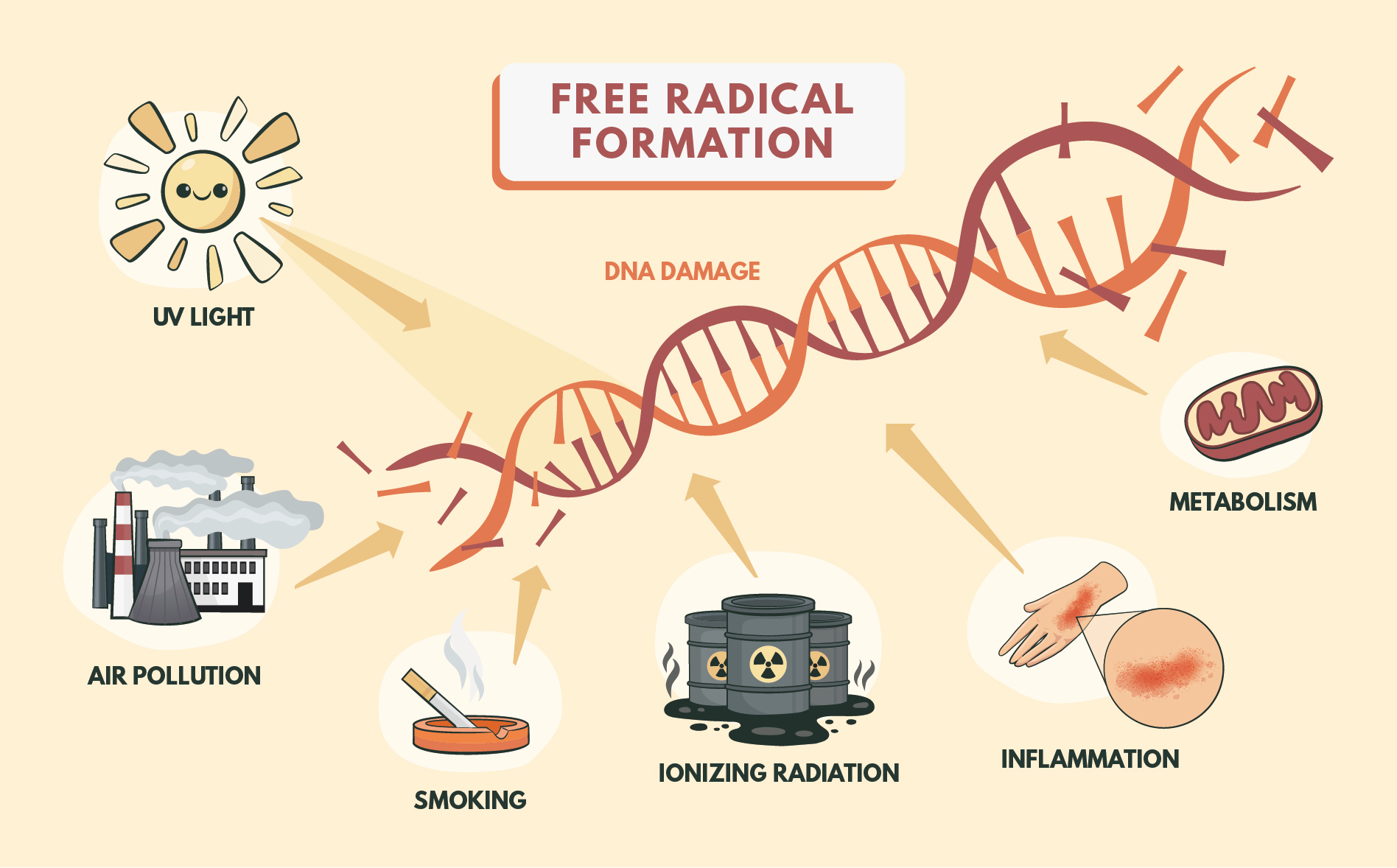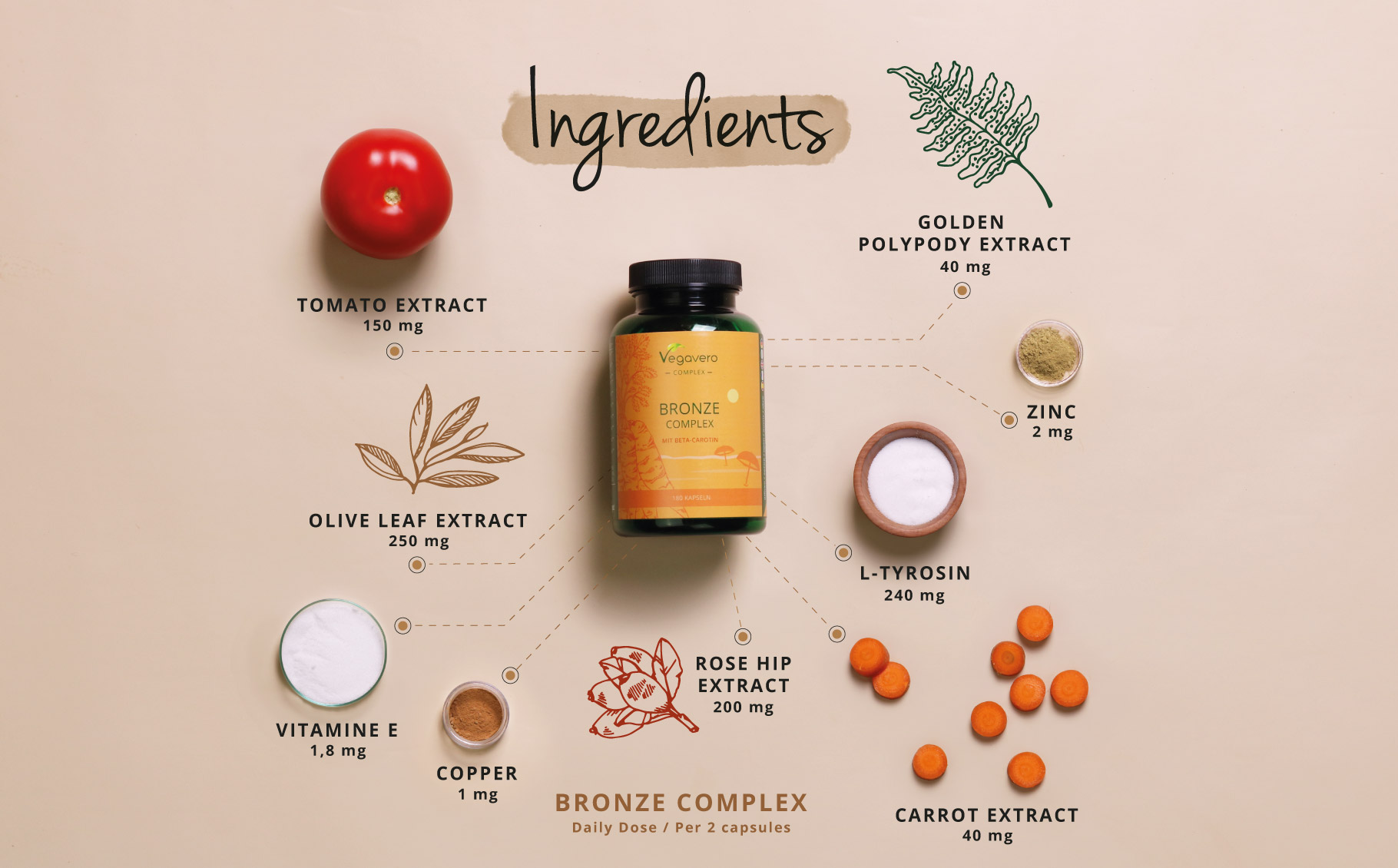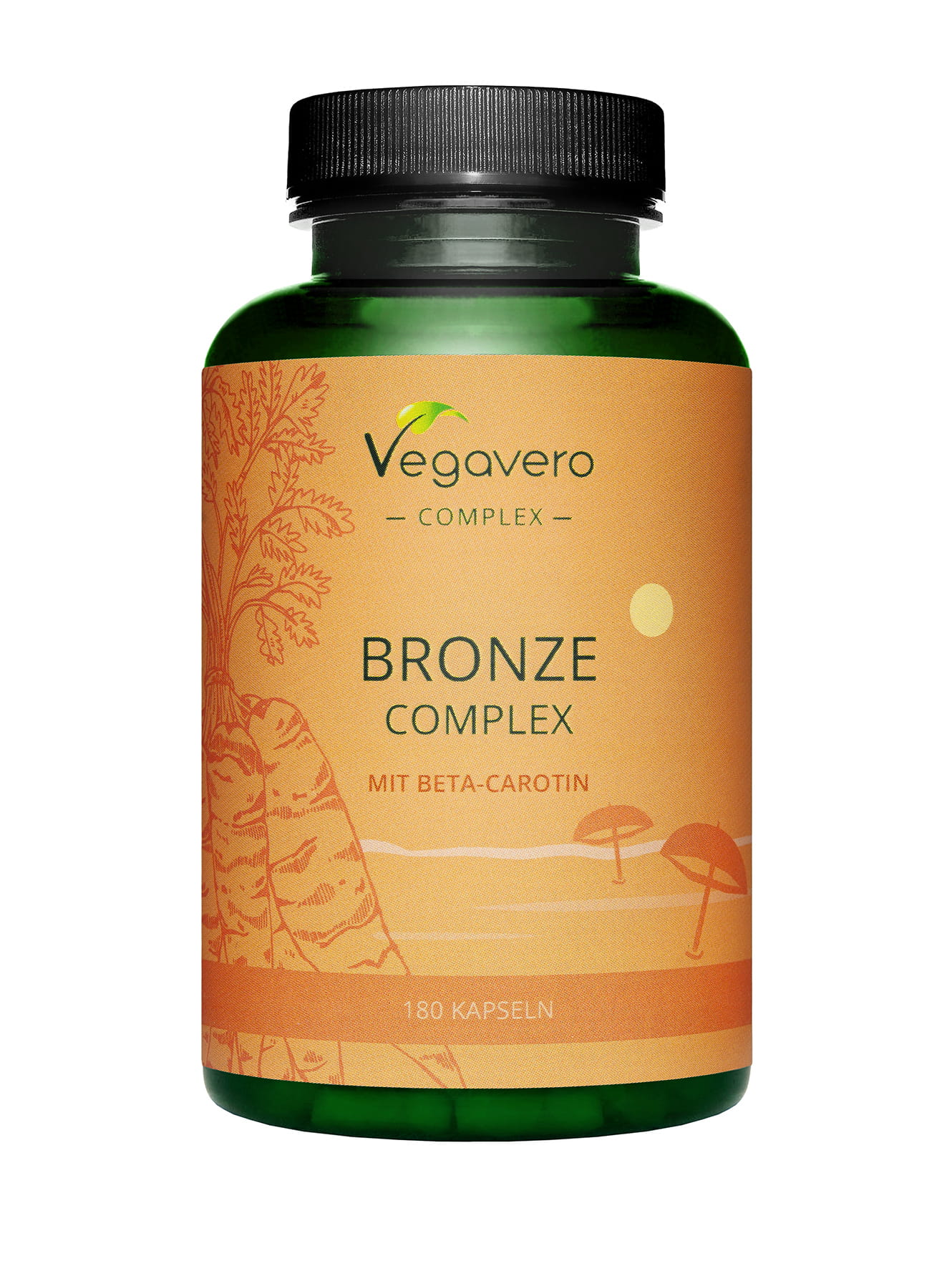
Sunshine makes us happy! And not only because sunshine elicits memories of a carefree childhood in us. It also stimulates the production of endorphins in our body – the so-called “feel-good” hormones. One prominent representative is the neurotransmitter or messenger substance serotonin that lifts our mood and makes us forget about our fears. In a nutshell, the more serotonin in our body, the happier we are. Sunlight, however, does not only have tangible effects on our mood and state of mind, it also influences our immune system. The sun's rays promote the formation of the immunity-boosting vitamin D in the skin and thereby reduce susceptibility to infections.
And last but certainly not least, we all appreciate that lightly tanned complexion to show off on the beach. Let’s not get too excited, though, because where there is light, there is also shadow. Ultraviolet (UV) light in the form of long wave UVA and short wave UVB rays may surely get us tanned but it can also be quite harmful. Excessive sunbathing can damage the DNA in our skin cells and produce genetic mutations, which may lead to premature skin aging (photoaging) and increase the risk of skin cancers.
Sun Safety: The Power of Antioxidants
So how exactly does sunlight cause these cellular damages? Just like increased stress, cigarette smoke and air pollution, UV radiation can lead to so-called oxidative stress in our body which is caused by free radicals. In small amounts, these reactive molecules are harmless and can easily be handled by our body. In large quantities, though, free radicals become dangerous for the health of our skin. Free radicals are quite reactive, so on their quest to find a molecule to bind to, they attack cells, such as our skin cells: By altering cell structures like lipids, proteins and even our DNA, they can cause some serious damage, as mentioned before. As a result, the skin loses its elasticity and resilience – well, hello wrinkles.

Antioxidants help us deal with those vicious free radicals. They counteract oxidation processes and can render free radicals harmless by neutralizing them. The best-known antioxidants include vitamins C and E, carotenoids (like beta-carotene, the precursor of vitamin A), the trace elements selenium and zinc as well as other phytonutrients such as flavonoids, lignans and anthocyanins found in a variety of plants. So especially during the summer months when we spend a lot of time outside it makes sense to increase the consumption of carrots, greens, berries and all those other colorful fruits and vegetables.
Our Bronze Complex: Natural Sun Protection from the Inside
In addition to fueling up on antioxidant-rich foods, our Bronze Complex may offer an extra boost of sun protection. Our product is unique blend of photoprotective plant extracts, minerals, vitamins, and amino acids that can help enhance the effectiveness of sunscreen products and counteract UV-induced skin damage. At the same time, it can contribute to a natural, golden skin tone!

So here is what we put in our Bronze Complex:
- Beta-carotene: The typical skin carotene is known for its strong antioxidant properties. It acts as a free radical scavenger, protects the skin from the negative effects of solar radiation and also reduces its sensitivity to radiation [1]. Additionally, being a natural pigment, beta carotene can add a golden color to our skin. Of course, we use natural beta-carotene from carrot extract.
- Olive Leaf Extract & Tomato Extract: Our olive leaf extract contains 40% oleuropein, this phenolic compound also powerful antioxidants that can prevent UV-induced skin damage – just like the lycopene found in our tomato extract [2, 3].
- Golden Polypody Extract: The golden polypody (Polypodium leucotomos) is a fern native to the rainforests of Central and South America. Even though it’s more commonly used as a house plant than a supplement, it surely convinced us: it was shown to protect against sunburn, improve pigmentation and prevent oxidative damage especially in lighter skin types [4, 5].
- Rose Hip Extract: Rosa canina has long been appreciated for its “anti-wrinkle” and wound-healing properties [6]. Our rose hip extract is particularly rich in flavonoids which also act as antioxidants that can prevent oxidative stress.
- L-Tyrosine & Copper: The amino acid L-tyrosine is a precursor of melanin, which is responsible for the pigmentation of the skin [7]. Copper, an essential trace element, is also needed for melanin synthesis and thus contributes to skin pigmentation as well [8].
- Zinc & Vitamin E: It’s not for nothing that zinc is a common ingredient in sunscreens. Like vitamin E it helps to protect cells from oxidative stress and thereby reduce photodamage of the skin [9, 10].
A Perfect Combination: Sunscreen for The Outside & Bronze Complex For The Inside
Of course, our Bronze Complex is not a substitute for sunscreen. Whether one chooses “physical” sunscreens that make the sun rays bounce off the skin, or “chemical” UV-filters that absorb the radiation and release it in form of heat – sunscreen is crucial to prevent that UV-rays deeply penetrate our skin and cause damage that goes far beyond a little bit of sunburn.
Nevertheless, one should not just depend on sunscreen. The effects of sunscreen only last about two hours - even less when it’s sweated off. So, to be on the safe side, our Bronze Complex can provide that necessary back-up protection that our skin needs on those sunny days. So, let’s grab that sunscreen bottle and our Bronze Complex and get ready to take on the summer!
Sources
[1] Rinnerthaler et al., Oxidative stress in aging human skin. Biomolecules. (2015)
[2] Kimura, Sumyyoshi, Olive leaf extract and its main component oleuropein prevent chronic ultraviolet b radiation-induced skin damage and carcinogenesis in hairless mice, J Nutr. (2009)
[3] Rizwan et al., Tomato paste rich in lycopene protects against cutaneous photodamage in humans in vivo: a randomized controlled trial. Br J Dermatol. (2011)
[4] Reyes et al., Systemic immunomodulatory effects of Polypodium leucotomos as an adjuvant to PUVA therapy in generalized vitiligo: a pilot study, J Dermatol. (2006)
[5] Middelkamp-Hup, Oral Polypodium leucotomos extract decreases ultraviolet-Induced damage of human skin. J Am Acad Dermatol. (2004)
[6] Phetcharat et al., The effectiveness of a standardized rose hip powder, containing seeds and shells of rosa canina, on cell longevity, skin wrinkles, moisture, and elasticity. Clin Interv Aging. (2015)
[7] Słominski et al., Positive regulation of melanin pigmentation by two key substrates of the melanogenic pathway, l-tyrosine and l-dopa. J Cell Sci. (1988)
[8] Yamaguchi et al., Physiological factors that regulate skin pigmentation. Biofactors. (2009)
[9] Darr et al., Effectiveness of antioxidants (vitamin C and E) with and without sunscreens as topical photoprotectants. (1996)
[10] Lin et al., Zinc in wound healing modulation. Nutrients. (2017)
Recommended Product

Bronze Complex
Unique combination of natural antioxidant mix designed to help protecting the skin from sun exposure from the inside. With extracts of olive leaf, rosehip, tomato, carrot and golden polypody, L-tyrosine, vitamin E, copper and zinc. Without additives and vegan to tan naturally.


